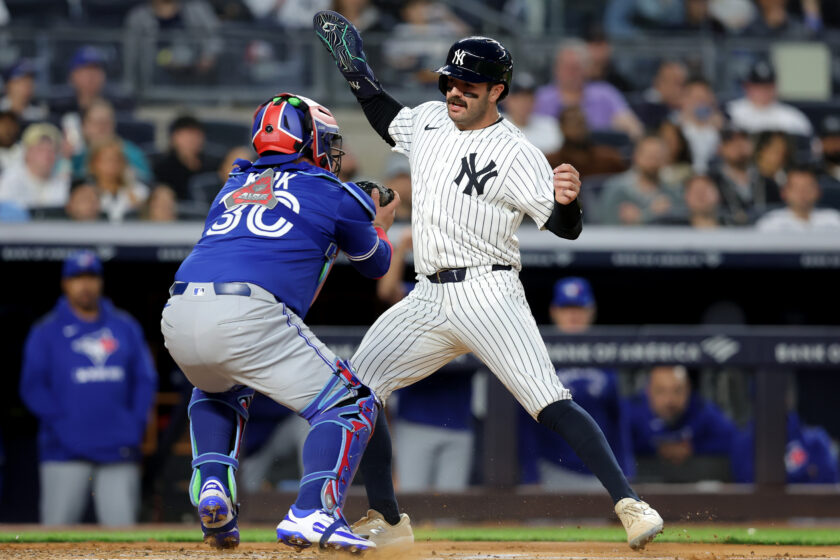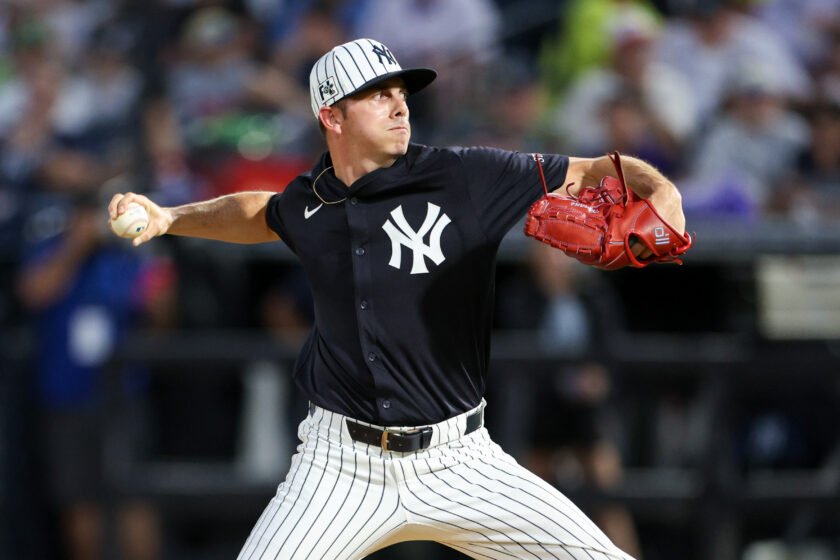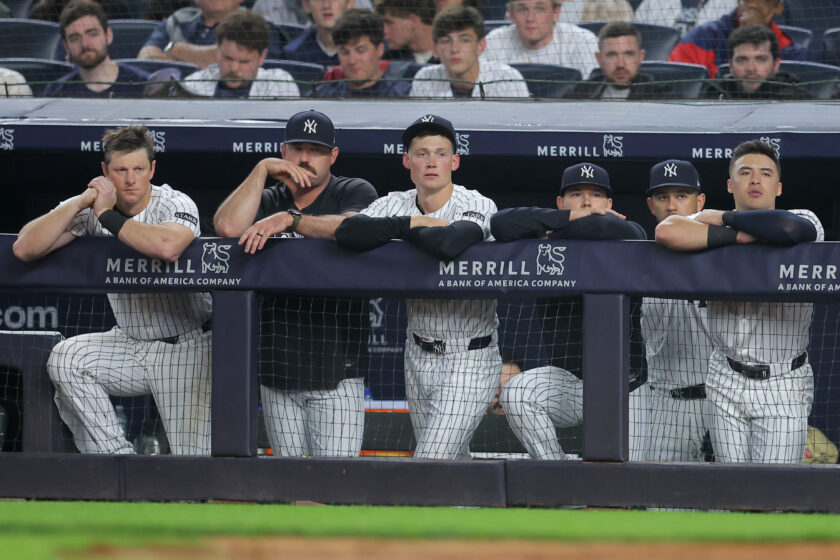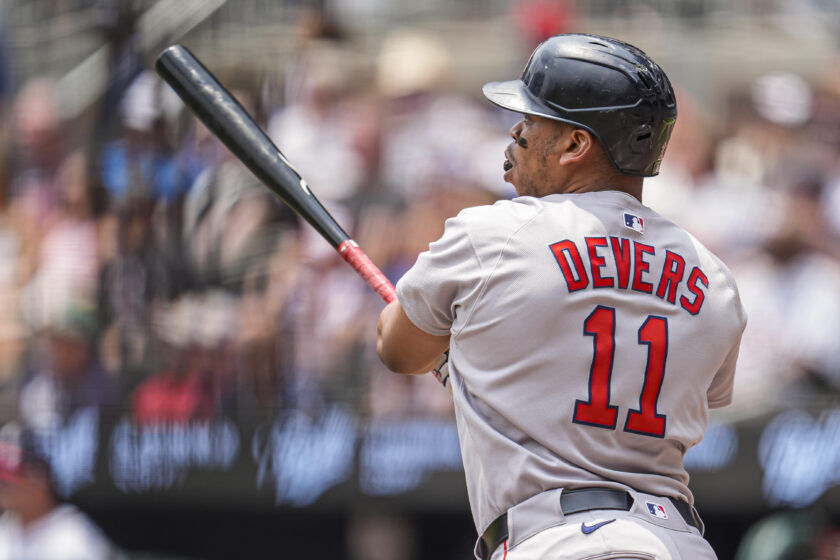There is a major problem with MLB’s postseason reformatting
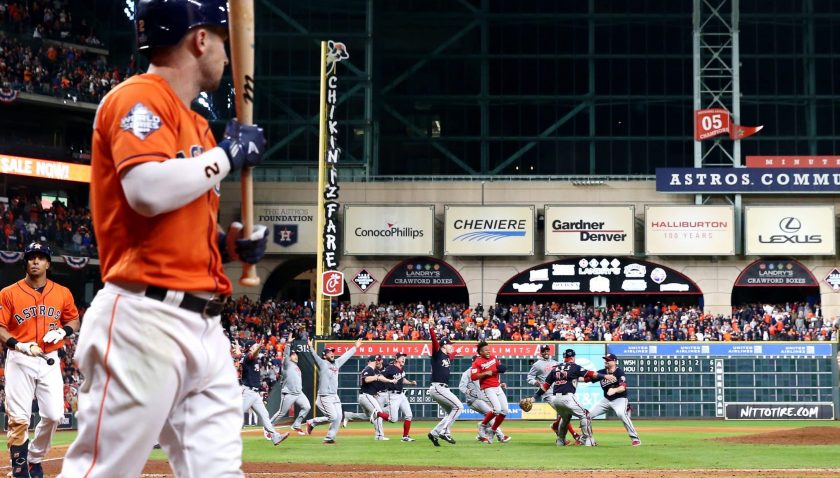
MLB’s attempts at incentivizing teams to win with a new postseason format will actually have the opposite effect.
As Joel Sherman of the New York Post reported last week, MLB is considering a complete reformatting of its postseason schedule. The league’s proposal would remake the playoff system and also create a “selection show” to draw interest and viewers.
Both elements of the proposal have proven controversial, and many fans are understandably annoyed that baseball seems desperate to turn itself into reality television. But the “reality show” element of the proposal is actually the only thing that’s not wrong with it.
Essentially, that segment of the proposal is a new TV opportunity: a live show during which higher-seeded postseason teams would draft their opponents. The idea has proven controversial, but really, what’s the problem with it? Certainly, it seems vaguely useless, and something that no one would bend over backward to watch, but it doesn’t do anything to the game on the field. It’s just a TV show that’s on one night a year.
If MLB finds an opportunity to shake things up and add some excitement to the game off the field, that’s far better than changing the game itself. A primetime special during which playoff teams draft their opponents will be a spectacle, to be sure, but the next day, baseball teams will still play baseball the way they always have, pennant races and all.
No, the problem with MLB’s proposal this time isn’t that it would turn the game into a reality show, or that it would result in an undoubtedly ridiculous TV program. The problem is on the other side of the proposal, the side that would fundamentally reformat the postseason schedule.
The proposal is fairly simple. Seven teams would make the playoffs in each league. The number-one seed gets a bye; the other six teams—two division winners and four wild cards—play best-of-three series. From there, four teams remain in each league, and they play a traditional Division Series.
The problem with the proposal is simple. It groups wild cards and division winners together and removes much of the incentive teams have to win their divisions.
In the current system, teams are strongly incentivized to win their divisions rather than the wild card. Unlike wild cards, division winners don’t face the daunting task of a win-or-go-home game. But if MLB institutes its proposal, four wild cards and two division winners will be in exactly the same boat. Say the teams with the fifth and sixth-best records in the National League are in the same division as a team that will easily end the season with the third-best record. Under MLB’s proposal, the incentives any of those teams have to compete will disappear, almost entirely.
Here’s a tangible example. In the American League last season, on Sept. 1, the Red Sox would have been the seventh seed. They were 7.5 games ahead of the Rangers, so their spot was fairly safe. They were also five games behind the Athletics, so they probably weren’t going to climb to sixth or higher. Sure enough, when the season ended, the Red Sox had the seventh-best record in the AL, by comfortable margins in either direction.
So even on Sept. 1, the Red Sox were in a pretty comfortable spot. They were third in their division, trailing the Rays and Yankees, but there was no need to catch either of them. Whether or not they caught the Rays, they would play a three-game series to open the playoffs.
[sc name=”cole-train-t-shirt” ]The only possible motivating factor was home-field advantage, but even that was a stretch. On Sept. 1, the Red Sox were 5.5 games out of a seed that would earn home field. They were 74-63, in third place in their division, 15.5 games behind the leaders, and they could have coasted to a playoff finish fairly easily.
Right now, baseball’s postseason schedule actually works extremely well. The only way to lose your incentive to compete is to clinch a division or fall out of the race entirely. Wild card teams would rather win the division, and failing that, they’d also rather win the first wild card than the second, and play their do-or-die game at home. So there’s a reason to compete, right up until the end of the season.
MLB’s proposal negates the incentives built into the current system. Division winners and wild cards are bunched together until there’s hardly a difference between them. It barely gives teams any incentive at all to move up from the seventh seed all the way to the second.
The proposal is supposed to make baseball more exciting. But stripping all the suspense out of September pennant races doesn’t seem exciting at all. Rather, the proposal takes baseball at its best and most exciting, and turns it into a month of coasting aimlessly towards a bloated, meaningless postseason.
I have followed New York sports passionately for almost my entire life, since I went to Shea Stadium in 2004 and saw Jae Seo lose 8-1 to the Pirates. At journalism school, I once missed covering a Land Use Committee meeting to write about Jacob deGrom's last start of the year.


